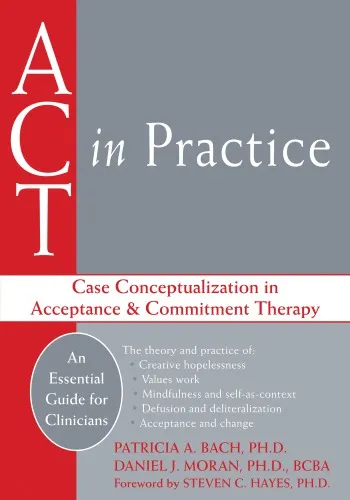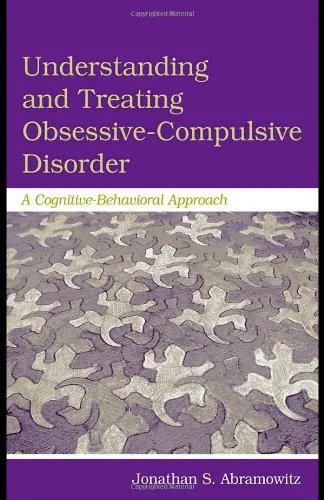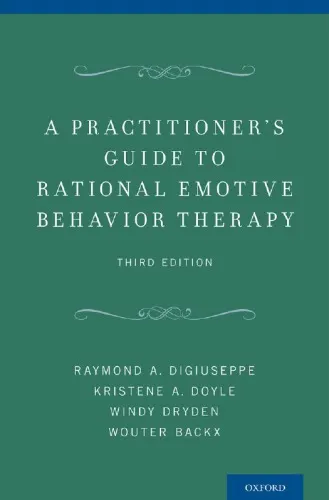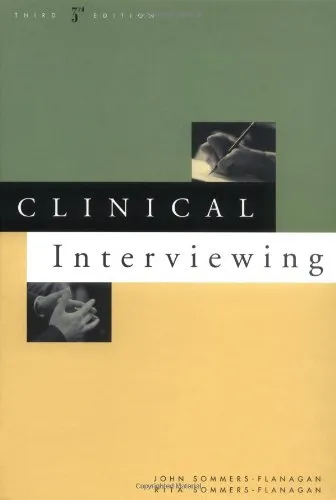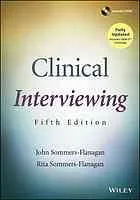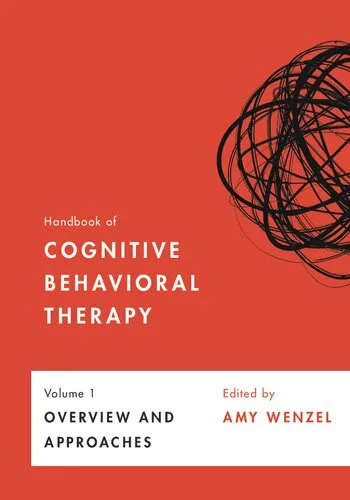ACT in Practice: Case Conceptualization in Acceptance and Commitment Therapy
4.5
Reviews from our users

You Can Ask your questions from this book's AI after Login
Each download or ask from book AI costs 2 points. To earn more free points, please visit the Points Guide Page and complete some valuable actions.Related Refrences:
Introduction to ACT in Practice: Case Conceptualization in Acceptance and Commitment Therapy
Welcome to ACT in Practice: Case Conceptualization in Acceptance and Commitment Therapy, an essential guide that bridges theory with practice in the evolving world of psychological intervention. Authored by Patricia A. Bach and Daniel J. Moran, this book serves as both an introduction and a comprehensive roadmap for therapists who wish to refine their use of Acceptance and Commitment Therapy (ACT). This practical manual is designed not only to deepen your understanding of ACT but also to enhance your ability to apply its principles effectively across diverse client populations.
The book provides a clear and structured approach to case conceptualization, helping therapists address the most common challenges faced when implementing ACT. By combining evidence-based strategies with illustrative examples and exercises, it equips professionals with the tools necessary to foster meaningful change in their clients' lives. Whether you are new to ACT or are looking to sharpen your therapeutic skills, ACT in Practice offers invaluable insights into what makes this approach so impactful in real-world clinical settings.
Detailed Summary of the Book
ACT, or Acceptance and Commitment Therapy, is a third-wave behavioral therapy that emphasizes psychological flexibility and values-based action. The core of ACT lies in helping clients disentangle themselves from unhelpful thought patterns while fostering acceptance and mindfulness. However, applying ACT principles in therapy sessions can sometimes feel overwhelming, especially for therapists who are new to its model.
ACT in Practice is specifically geared toward addressing this challenge, focusing on how to effectively conceptualize cases within the ACT framework. Through a step-by-step exploration of the model, Bach and Moran illustrate how clinicians can better understand their clients' struggles and tailor interventions accordingly. The book introduces six core ACT processes—acceptance, cognitive defusion, being present, self-as-context, values, and committed action—and demonstrates how they interconnect to promote psychological flexibility.
Practicality is at the heart of this book. Each chapter presents engaging examples, worksheets, and real-life case studies, ensuring that readers can translate theory into practice. The authors also incorporate discussions on evidence-based research, further solidifying the scientific merit of ACT. By the end of this book, therapists will feel confident in their ability to use ACT not just as a set of techniques but as a holistic therapeutic framework.
Key Takeaways
- ACT is fundamentally about increasing psychological flexibility by integrating mindfulness, values, and effective action.
- Case conceptualization in ACT involves understanding clients through the lens of the six core processes, enabling more tailored and impactful interventions.
- Therapists are encouraged to view challenges not as problems to fix, but as opportunities for growth aligned with the client’s values.
- Practical exercises, metaphors, and case studies help clarify abstract concepts, making the ACT model accessible and actionable.
- This book empowers therapists to strengthen both their understanding of ACT and their clinical efficacy while maintaining a collaborative and compassionate stance.
Famous Quotes from the Book
“The goal of ACT is not to get rid of difficult feelings, but to create a rich, full, and meaningful life while accepting the inevitable pain that comes with it.”
“Psychological flexibility enables us to remain present, open, and committed to living a life guided by our values, even in the face of challenges.”
Why This Book Matters
ACT in Practice occupies a special place in the realm of therapeutic literature. While many books discuss the theory behind ACT, few offer such a practical and systematic approach to case conceptualization. This book bridges the gap between understanding ACT processes and implementing them effectively. It is designed with real therapists in mind, acknowledging the complexities of working with diverse clients and their unique struggles.
Moreover, this book goes beyond providing tools; it invites therapists to embrace the ACT philosophy in their own lives. By engaging with this text, practitioners not only enhance their professional capabilities but also strengthen their ability to approach their work with curiosity, compassion, and creativity.
In a world where mental health challenges are increasingly complex and nuanced, ACT in Practice equips therapists to meet these demands with clarity and confidence.
Free Direct Download
You Can Download this book after Login
Accessing books through legal platforms and public libraries not only supports the rights of authors and publishers but also contributes to the sustainability of reading culture. Before downloading, please take a moment to consider these options.
Find this book on other platforms:
WorldCat helps you find books in libraries worldwide.
See ratings, reviews, and discussions on Goodreads.
Find and buy rare or used books on AbeBooks.
1366
بازدید4.5
امتیاز0
نظر98%
رضایتReviews:
4.5
Based on 0 users review
Questions & Answers
Ask questions about this book or help others by answering
No questions yet. Be the first to ask!
